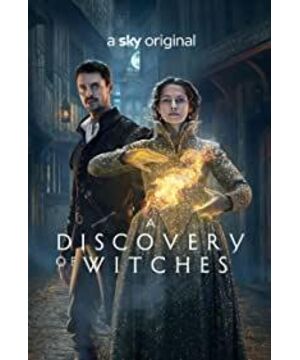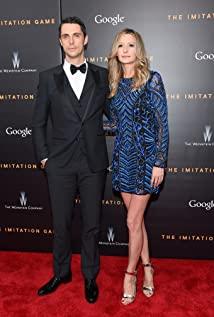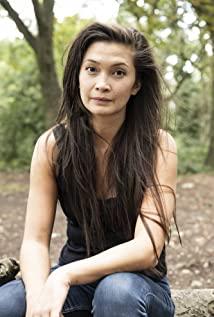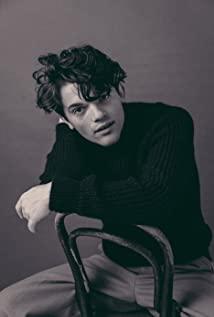As a human being, the small world and clumsy footsteps that I see are really hard to satisfy the wings of thinking. Fear, desire and unspeakable transcendental consciousness make people in the world bound by the body, expecting the soul to wander in the boundless. Vampires, wizards and demons who are alienated from people and different from people, deduce many, many stories in the boundless.
According to the Oxford Dictionary, the word Vampire appeared in 1734. At that time, the Enlightenment movement was challenging the ideological system of the church. The increasingly developed trade made the European continent more and more exotic. People believed that vampires really existed. Even in the Balkans and Eastern Europe, a large number of dead bodies were dug up and nailed to stakes. Beheaded or burned. Then came the vampire-themed novel—the 1819 novel "The Vampire", whose author John William Pulido was a guest at the family dinner of "Frankenstein" author Mary Shelley. The image of the vampire just appeared in the work is very skinny and has no beauty at all, and then it becomes more and more romantic. With the advent of Bram Stoker's "Dracula" that should be the most representative in literature , Their identities are becoming more and more aristocratic. Male vampires are generally jazz or earls. They are decadent, pale, with delicate facial features, keen senses and longing for human emotions. In some literary and film works of the 20th century, the images of vampires are intelligent, beautiful and provocative. In the 21st century, 30,000 to 40,000 years after Homo sapiens imagined the ghosts and ghosts in the cave, the vampire image is here in Matthew De Clermont, a biochemistry professor at Oxford University, who was a former friend of Darwin, who founded and hosted a The laboratory that studies the origin of creations, this elegant gentleman with 1,500 years of experience is not only not pale, but also likes to drink tea in the seat facing the sun.
However, such a perfect gentleman is still the green leaf of a super heroine. Diana Bishop has a strong ability inherited and genetically enhanced rather than weakened, and the most powerful male protagonist among vampires quickly transforms from a controlling escort to a follower. This is just the first season, and the heroine is so powerful as a new wizard. I wonder if it will be like the dragon mother of "Game of Thrones" next?
The ability to travel is the ability inherited from the heroine's father. The two decided to pass through and avoid the pursuit of the Anglican Church on the Halloween night, when the witches were the closest to all spirits. Episode 8 at the end of the season was devoted to two interesting discussions about time travel, one between Diana and Matthew, and one between Diana and Hamish:
Diana: you're sure we're not going to bump into our past selves?
Matthew: I think it's a difference kind of past, you haven't bumped into your past self whilst you've been Time Walking here
Diana: No.
Hamish ( to Diana): Traveling back in time, you'll be totally reliant on him. you do realize where you are going, he (Matthew) won't be the same man?
The first paragraph is that the person who travels back to the past from here will not encounter himself; the second paragraph is that the person who has traveled back to the past is different from the one who is now.
What does it mean? I mentioned in the review of "The Man in the High Castle" that the setting of the play for the time-travel is that the time-travel can only be successful if there is a vacancy in another time-space, that is to say, there are two identical people in the two time-spaces. The setting of this play is completely different. It assumes that people traverse on the time axis, which is actually similar to forcibly moving people on the time axis, and moving people who were originally in the 21st century back to the late Middle Ages, while When Matthew returns to the Middle Ages, his mind will be disturbed by his personal experiences and the magnetic field of his environment.
Why did Matthew choose to travel to London in 1590, when his friend was the famous Christopher Marlowe? Atheist and homosexual Christopher Marlowe was Shakespeare's counterpart. He was more famous than Shakespeare in London at that time, and Shakespeare was already famous in the theatre world. There was a certain relationship between the two, and some people even verified that Shakespeare and Christopher Marlowe were the same person. It is unknown what kind of retro style these two people will bring to the show.
The most famous event of 1590, however, was the North Berwick Wizarding Trials, where 70 witches were burned at the stake. Matthew himself said, it's the dangerous time there were very few creatures could trust. In short, for those who haven't read the original work, the first season left enough suspense, and they can only wait and see.
View more about A Discovery of Witches reviews











